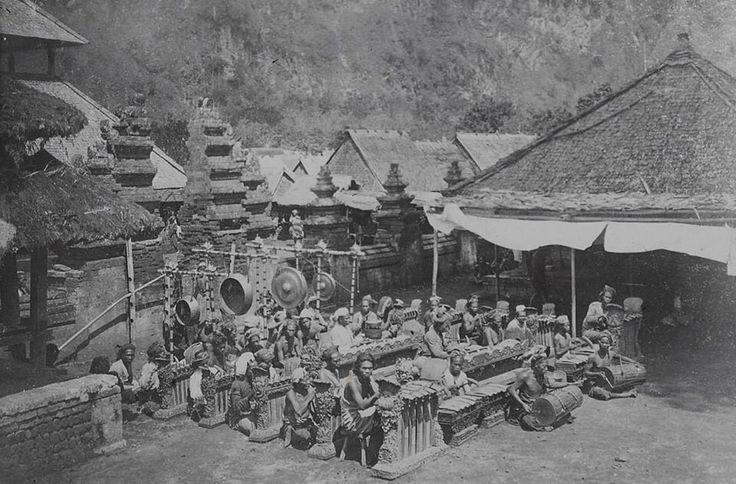Introduction
As one of Indonesia’s most enduring mass organizations, Pemuda Pancasila (PP) has often been associated not only with politics but also with the country’s military and security apparatus. This relationship has evolved over decades, shaping the organization’s role and reputation within Indonesian society. Understanding these dynamics offers insight into the intersection of civil organizations, power, and state institutions.
Historical Ties with the Military
Since its formation in 1959, Pemuda Pancasila has maintained strong links with the military. During the New Order era, the group frequently collaborated with the Indonesian Armed Forces to suppress political opponents and maintain order. These ties provided PP with protection and influence, while also reinforcing the military’s authority. For more background, see historical relations between Indonesian youth groups and the military
Cooperation with Security Forces
In contemporary Indonesia, the relationship between Pemuda Pancasila and law enforcement has taken on new forms. Members often cooperate with the police in organizing public events, maintaining security at local gatherings, and assisting in community programs. This partnership, however, is sometimes criticized as blurring the line between civic activism and political patronage. To explore similar dynamics,
A Complex and Contested Bond
While cooperation with military and security forces gives PP legitimacy, it also raises questions about transparency and accountability. Supporters argue that such ties strengthen community resilience, while critics worry about the risks of informal power networks. This dual perception makes PP’s role both influential and controversial.

